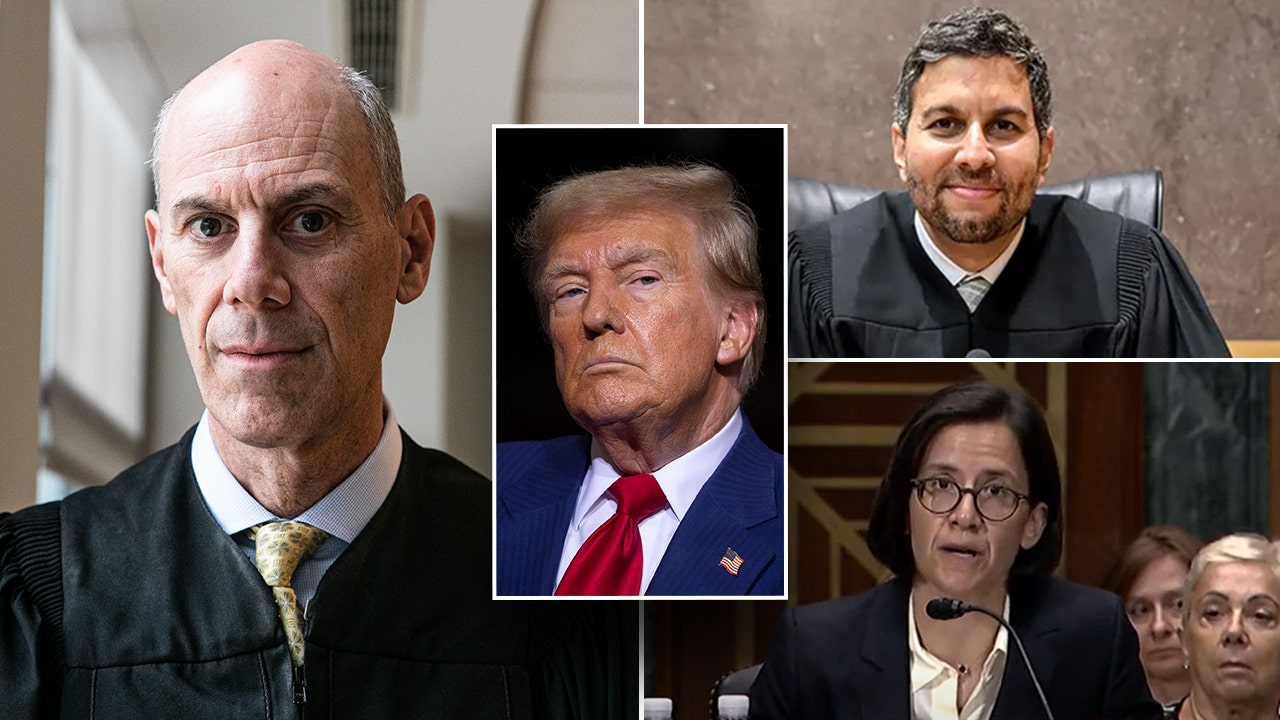Key budget process eyed by some to rein in judges: But is it allowed?

As Republicans search for ways to rein in federal judges who have been issuing nationwide injunctions to halt the Trump administration’s actions on immigration, several potential avenues are being considered. One such approach involves using a key budget process that lowers the Senate’s threshold to 51 votes to defund certain courts. However, this strategy may face significant obstacles.
Rep. Chip Roy, R-Texas, who serves as the House Freedom Caucus policy chair and chairs the House Judiciary Committee’s subcommittee on the Constitution, recently stated to Fox News Digital that he is open to exploring various options to address the issue of nationwide injunctions. He mentioned potential approaches such as impeachment and jurisdiction-stripping, in addition to considering funding scenarios through the appropriations, rescissions, or reconciliation process.
The budget reconciliation process is a tool that allows the party in power to advance its agenda with a simple majority vote in the Senate. While this process has been utilized by Republicans to push through Trump’s priorities, legal experts have raised concerns about using it to defund courts that issue rulings against the administration. Critics argue that defunding the courts could lead to understaffing and would not ultimately prevent legal challenges to executive orders.
Former Trump attorney Jim Trusty expressed reservations about defunding the judicial system, stating that it would not be a viable or effective solution to address judicial activism. Instead, Trusty and other legal experts suggest alternative measures, such as limiting the jurisdiction of lower courts or fast-tracking appeals when nationwide injunctions are issued.
Impeaching federal judges, another option that has been suggested, is viewed as a serious measure reserved for cases of treason or high crimes and misdemeanors. While Trump has floated the idea of impeachment for judges, Trusty emphasized that bad judgment or wrong-headed decisions do not constitute impeachable offenses.
While neither the Trump administration nor Republican leadership in Congress have indicated plans to pursue defunding courts through the reconciliation process, lawmakers are considering legislative measures to address the issue of nationwide injunctions. The House is expected to take up legislation this week to address the actions of judges who have been thwarting the administration’s agenda.
In conclusion, as Republicans continue to grapple with the challenges posed by federal judges issuing nationwide injunctions, the debate over how to rein in judicial activism is ongoing. While defunding the courts may not be a feasible solution, exploring alternative approaches to limit the influence of lower courts and address judicial overreach remains a topic of discussion among lawmakers and legal experts.




